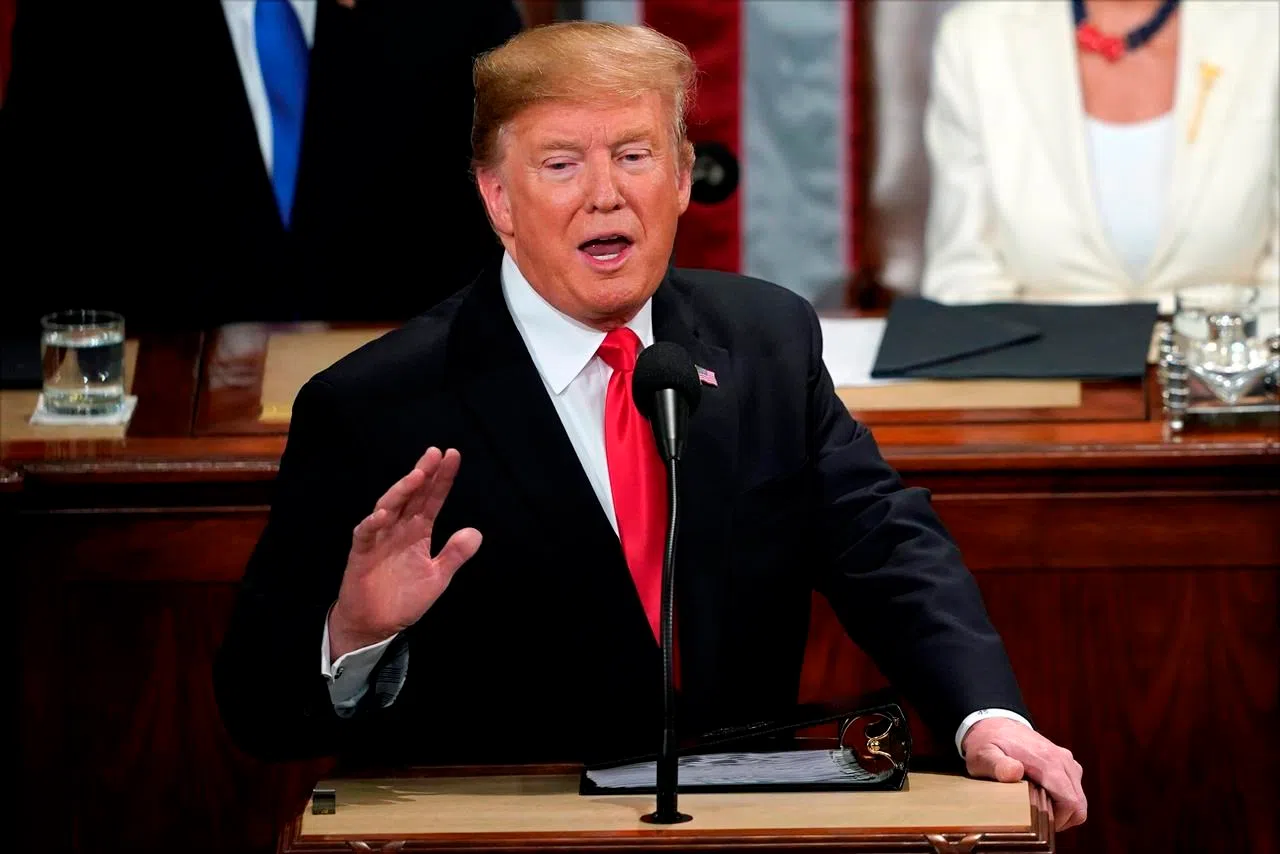
Trump uses state of the union speech to urge Congress to approve USMCA
WASHINGTON — The NAFTA-bashing president of the United States used his state of the union speech Tuesday to urge a divided, combative Congress to come together to ratify a continental trade pact he’s convinced will breathe new life into America’s moribund manufacturing sector.
In the same breath as he derided NAFTA as a “catastrophe” and a “historic trade blunder,” Donald Trump sang the praises of the U.S.-Mexico-Canada Agreement as a recipe for resurrecting his country’s farm sector, creating blue-collar jobs and restoring the lustre of the once-mighty American auto industry.
Speaking to a joint session of Congress one week later than originally planned, Trump described meeting struggling workers in Rust Belt states who lost their jobs and livelihoods to 25 years of trilateral free trade that caused manufacturing work to migrate south, lured by low labour costs.
“For years, politicians promised them they would renegotiate for a better deal. But no one ever tried until now,” he said.


